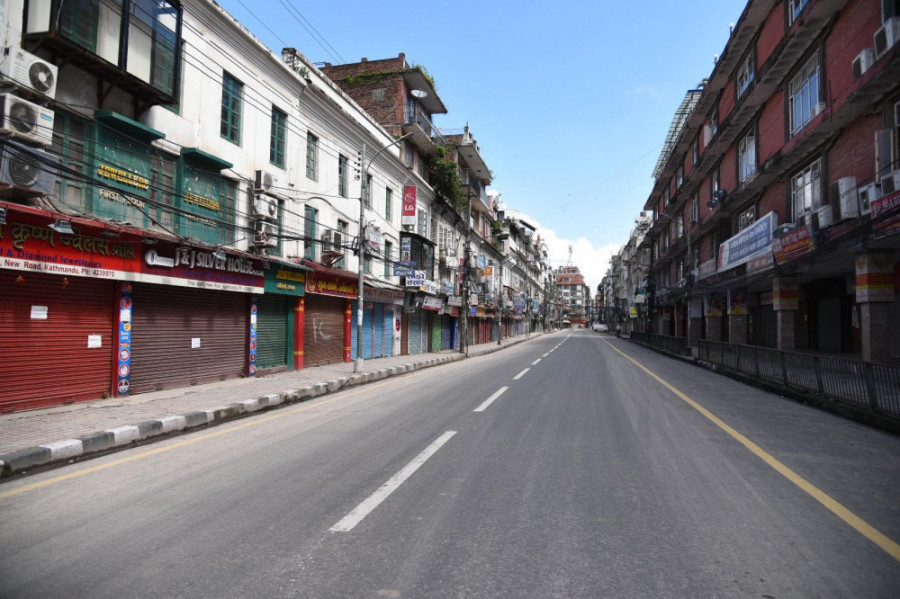Valley
What all services will be allowed and what are banned during prohibitory orders?
The prohibitory orders will come into effect from 6am Thursday and remain in place for 15 days.
Post Report
Starting 6am Thursday (April 29), Kathmandu, Bhaktapur and Lalitpur will go into a lockdown-like situation. Though chief district officers of the respective districts had proposed “prohibitory orders” for a week, a Cabinet meeting on Monday evening revised the recommendation to extend for 15 days. Officials said they have not used the term “lockdown” but in essence, prohibitory orders they have issued will carry the same meaning. Such orders have been issued for six other districts as well, where the number of cases has been rising.
Kathmandu Valley has emerged as a hotspot as the second wave is gripping the country. Of the total 3,442 new infections reported until Monday evening, more than half–-1,912–-were recorded in Kathmandu Valley. Kathmandu recorded 1,567 new infections, Lalitpur 233 and Bhaktapur recorded 122 new cases.
As of Monday, the number of active cases stood at 22,434. Authorities have said the prohibitory orders are aimed at breaking the virus transmission chain.
What do these prohibitory orders entail?
Shops supplying foodstuffs can open only till 10am and from 5pm to 7 pm, while the grocery section of department stores will remain open from 10 am to 5 pm.
Public and private vehicles will not be allowed on the roads.
Government vehicles and public service office vehicles will be allowed with passes issued from the concerned ministries or departments.
Vehicles used in essential services like health, banking, telecommunications, sanitation as well as those used for quarantine and isolation purposes will also be allowed.
Weddings and other life rituals are allowed with not more than 15 persons but health protocols must be followed strictly. Prior permission from the concerned district administration offices is a must to hold such events.
Those with air tickets, passports and visas will be allowed to reach the airport.
Ambulances and vehicles carrying essential supplies like water, food, vegetables, fruits, and milk will be allowed.
In the case of vehicles that need to be used for essential purposes like travelling to the hospital and funeral sites, passes from the concerned district administration offices will be needed.
Employees of government offices, banks and other financial institutions and those working for essential services can move about with their respective identity cards and journalists can move about with cards issued by the Department of Information.
Vehicles other than those carrying essential goods, ambulances with the sick and a maximum of one attendee, and vehicles used by health workers and security agencies will not be allowed into Kathmandu Valley.
Assemblies, seminars, training cinemas, party venues, swimming pools, shopping malls, places of entertainment, salons, beauty parlours, gyms, sports venues, libraries, museums and zoos are not allowed to operate.
All shops except for pharmacies and those selling foodstuffs will have to remain shut.
People entering the Kathmandu valley should stay in quarantine/home isolation.




 9.25°C Kathmandu
9.25°C Kathmandu












